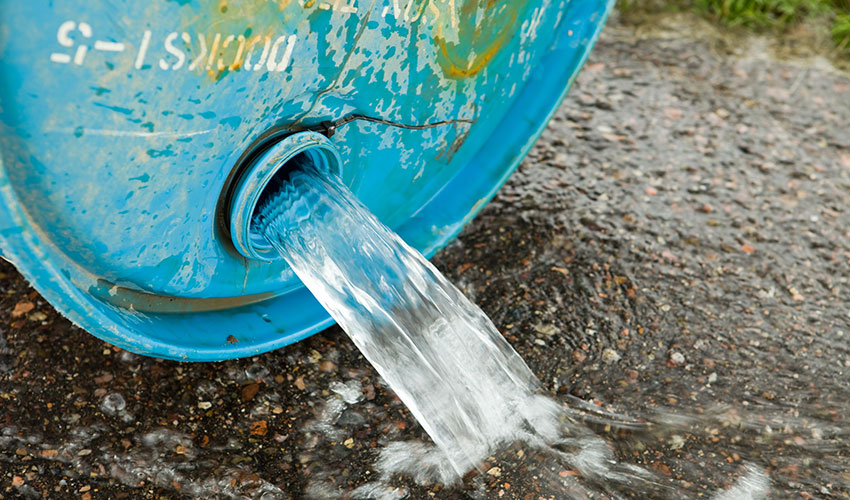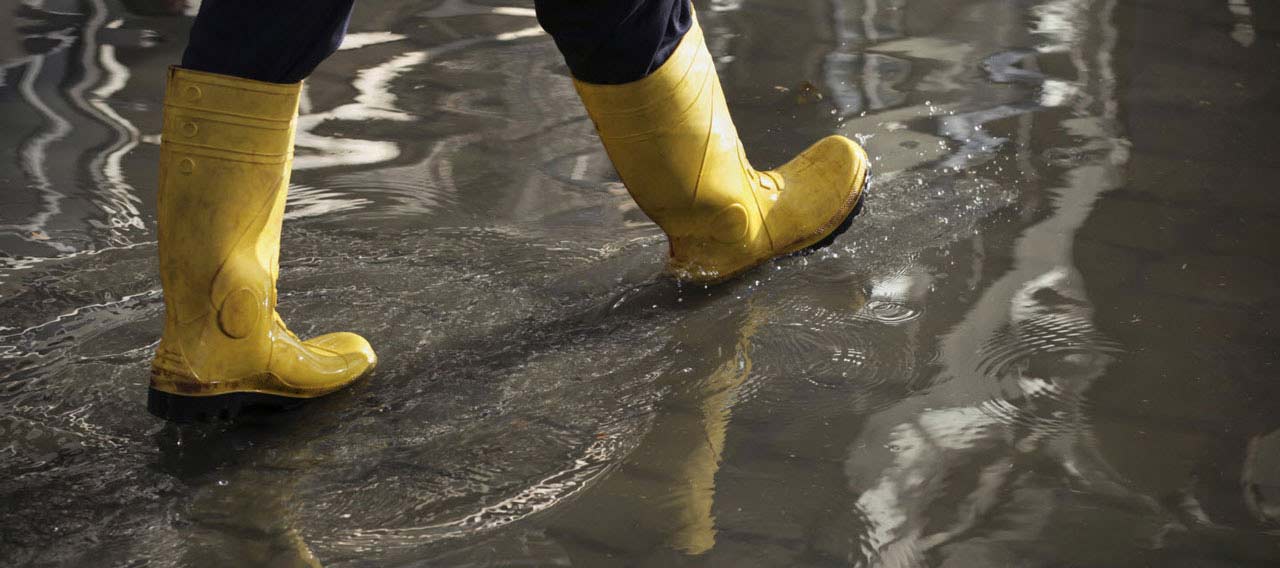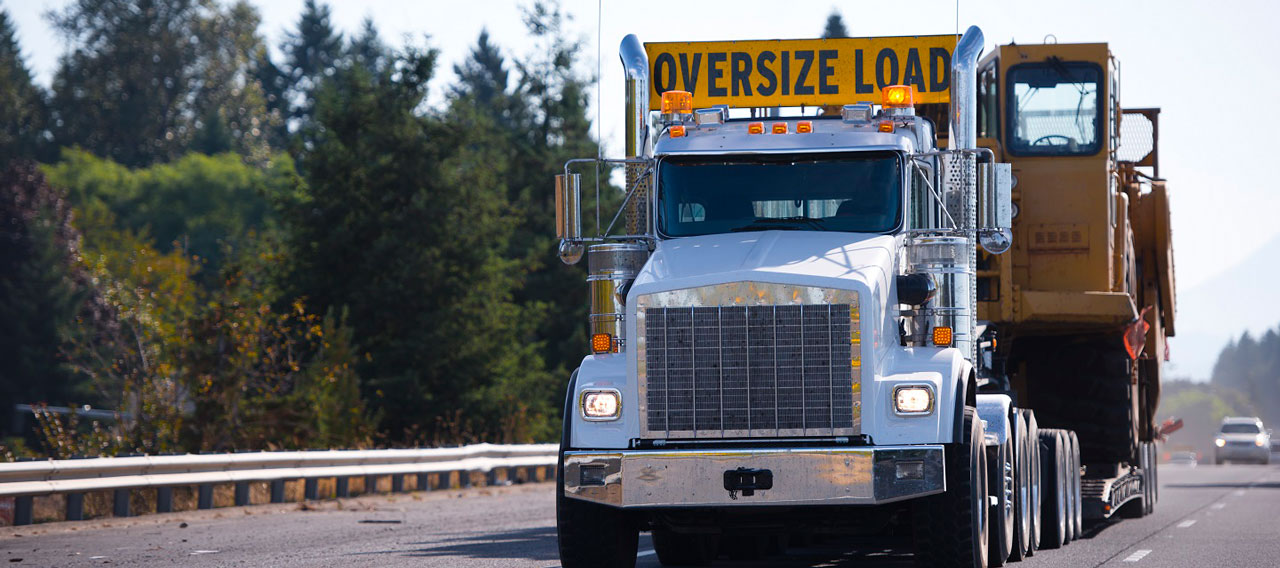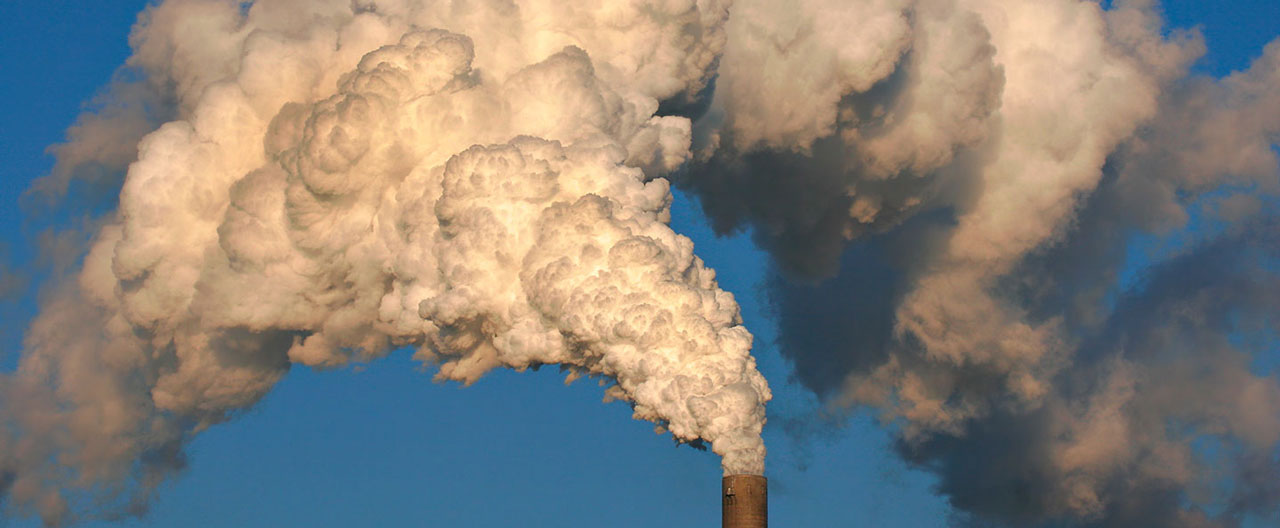- Businesses
- Individuals & Families
- Partnerships
- Brokers

Chubb Climate+ spans major industries, with a goal of enabling climate change progress in a meaningful way.


All Chubb policyholders are eligible for cyber services. Get the most value from your Chubb policy and schedule a consultation today.

In a complex world, Chubb’s support for multinationals and their brokers when choosing the right cover has never been more valuable.



As one of the world's largest providers of jewellery and fine art insurance, you can count on our unparalleled service and expertise, offering some of the broadest protection available.

As pioneers of using in-house appraisers to help clients establish the value of their property, and mitigate the risk of loss, our appraisal service is a key reason why owners of fine homes and high value possessions around the world choose Chubb

Build your business by providing the protection your customers need – it’s insurance for the new possible.

The seamless, secure, and scalable engine behind new possibilities for your company and customers.

-
About
About UsWho We AreFinancial & Regulation
- Claims
-
FCA Regulation
-
Contact
Chubb CareersComplaints
-
BackSuggested Searches
Globalisation offers businesses of all sizes potential operational benefits and opportunities to expand, but it can also be a source of new and different types of risks. Notably, man-made environmental disasters are a top-10 global risk in terms of both likelihood and impact, according to the World Economic Forum’s Global Risks Report 2019. It’s more important than ever to take adequate steps to evaluate your company’s environmental exposures and establish a bespoke insurance program to minimise the impact of pollution and environmental damage.
Depending on the nature and geographic reach of your business, managing environmental risk can be a complex task. To help you get started in evaluating your environmental exposures and associated insurance requirements, here are five questions to ask yourself.
1. Do you have gaps in your existing coverage that expose your company to environmental claims?
Your company’s general liability insurance may only cover a sudden and accidental, one-off incident that releases pollution into the environment, but may leave you without protection for unknown environmental damage which occurs gradually. Dedicated environmental risk coverage can help close this gap, as it can be structured to provide insurance protection for pollution which has occurred over a long period of time even if it is caused by a previous owner or tenant.
2. Where is your company most likely to have an environment claim?
While a comprehensive environmental risk insurance program should cover all your facilities, you should also evaluate where you may face the greatest exposures; where do your operations have the potential to cause pollution or environmental damage and, which regional environmental legislation poses potential compliance risks?
3. What are the most stringent environmental regulations your business faces?
Environmental compliance requirements vary widely across the globe, as do minimum mandated insurance levels covering pollution or environmental damage. Failure to meet requirements in one region can also have financial, operational, and reputational consequences elsewhere. Understanding local operational guidance and legislation is critical to remain compliant worldwide. You should ensure your insurer can provide comprehensive geographic expertise, including local specialists to help you meet the specific compliance and insurance requirements. Within the EU, the most significant piece of legislation currently in force is the Environmental Liability Directive. This created several specific and far reaching legal requirements. Any business operating in Europe should therefore ensure these are adequately covered in any environmental policy they hold.

4. Is your company exposed to legacy contamination liability?
It’s important to know about the historic use of your sites and facilities so you can identify potential contamination caused by a previous owner. It is also important to understand the extent of any environmental liability which may have been passed to you in Sale and Purchase Agreements when acquiring new facilities or businesses. Your environmental risk management program should account for the risk of your business being held liable for legacy contamination and the associated liability.
5. Does your insurer offer crisis management support as part of its services?
Today’s 24/7 news coverage and social media can amplify the impact of environmental incidents. When an environmental incident occurs, as well as addressing the physical damage to the environment, a business may also need to take steps to reassure its peers and the public that it has responded appropriately. It is important to manage reputational damage, even if the environmental harm was caused by another party. If your business faces environmental risks, it should therefore prepare and regularly update a crisis management plan that includes steps to protect your reputation and ensure business continuity. Consider seeking out an insurer that supports crisis management planning and operations.
The value of incident prevention
Reducing damage, minimising costs, and managing claims after an incident has occurred are just part of any comprehensive environmental loss-control program. The most important steps however are to evaluate your operations, analyse specific projects, and determine actions that can reduce environmental risks. Find an insurance company that can help you understand local environmental regulations and provide access to dedicated experts to strengthen your ability to prevent pollution incidents or environmental damage in the first place.
All content in this material is for general information purposes only. It does not constitute personal advice or a recommendation to any individual or business of any product or service. Please refer to the policy documentation issued for full terms and conditions of coverage.
Chubb European Group SE (CEG) is an undertaking governed by the provisions of the French insurance code with registration number 450 327 374 RCS Nanterre. Registered office: La Tour Carpe Diem, 31 Place des Corolles, Esplanade Nord, 92400 Courbevoie, France. CEG has fully paid share capital of €896,176,662. UK business address: 40 Leadenhall Street, London, EC3A 2BJ. Authorised and supervised by the French Prudential Supervision and Resolution Authority (4, Place de Budapest, CS 92459, 75436 PARIS CEDEX 09) and authorised and subject to limited regulation by the Financial Conduct Authority. Details about the extent of our regulation by the Financial Conduct Authority are available from us on request.
Insights and expertise




